As the digital revolution enables information to flow more widely and more quickly than ever before, Nye warns that soft power is becoming more important than ever. In his seminal work, Joseph Nye coined the term soft power to describe a dimension of power beyond economic or military strength. Soft power refers to a country’s ability to set the agenda and attract others in world politics. In an Internet-driven "paradox of plenty", the explosion of information is leading to scarcity of attention. Shaping public opinion in the digital age—a key element of soft power 2.0—has become about the competition for the scarce resource of attention and credibility.
In 19th century Europe, the mark of a great power was the ability to prevail in war, and that is how statesmen calculated the balance of power. In today’s global information age, victory sometimes depends not on whose army wins, but on whose story wins. A good narrative energizes and attracts people. Hearts and minds matter. Military capabilities also matter, but they are not sufficient. A strong army does not provide power on the Internet.
Information provides power, and more people have access to more information than ever before for good and for ill. That power can be used not only by governments, but also by non-state actors ranging from large corporations to non-profits to criminals to terrorists to informal ad hoc groups. This role of non-state actors does not mean the end of the nation-state, as governments remain the most powerful actors on the global stage. The stage, however, has become more crowded, and many of those other actors can compete effectively in the realm of soft power. A powerful navy is important in controlling sea-lanes; but it does not provide much help in cyberspace, and few have access to such a battalion. Successful governments must invest in all dimensions of power, including soft power.
Power is the ability to affect others to get what you want, and you can do that in three main ways: threats of coercion ("sticks"); inducements or payments ("carrots"); attraction and persuasion (soft power). A country may often do well in world politics because other countries want to follow it, admiring its values, emulating its example, and aspiring to its level of prosperity. While many real world situations involve all three types of power, and soft power alone is rarely sufficient, its presence can be a force multiplier. It is important to be able to set the agenda and attract others in world politics, and not only to force them to change through the threat or use of military or economic weapons. This soft power—getting others to want the outcomes that you want— co-opts people rather than coerces them. If you have soft power, you can economize on your use of carrots and sticks. Combining hard and soft power successfully is smart power.
Sometimes people think soft power is available only to large countries like the US or China with large economies, able to broadcast to the world, but this is not true. Many small countries such as Norway or Singapore have soft power despite having populations of roughly five million people. This does not make them the equivalent of Great Britain, but it does allow them to punch above their weight. This can be true for the Gulf states as well.
Soft power rests on the ability to shape the preferences of others. It is not the possession of any one country, nor only of countries. For example, companies invest heavily in their brands, and non-governmental activists often attack company brands to press them to change their practices. Non-profit organizations manage their images to increase their soft power. In international politics, the soft power of a country rests primarily on three resources: its culture (in places where it is attractive to others), its political values (when it lives up to them at home and abroad), and its foreign policies (when they are seen as legitimate and having moral authority.) Soft power is ubiquitous at all levels of human behavior from individuals to nations, and it is likely to become increasingly important because of the information revolution we are living through.
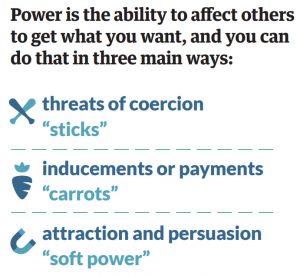
Soft Power in the Digital Age
Information revolutions and the impact of mass media are not new – witness the dramatic effects of Gutenberg’s printing press on Europe in the 15th and 16th centuries. The current information revolution, however, is changing the nature of power and increasing its diffusion. One can date the current information revolution from "Moore’s Law" in Silicon Valley in the 1960s — the number of transistors on a computer chip doubling every couple of years. As a result, computing power increased dramatically, and by the beginning of the twenty-first century, it cost one-thousandth of what it did in the early 1970s. In 1993, there were about 50 websites in the world; by 2000, that number surpassed 5 million. Today, more than three and a half billion people are online; by 2020 that is projected to grow to five or six billion people, and the "Internet of Things" will also connect tens of billions of devices.
The key characteristic of this information revolution is not the speed of communications: a century and a half ago instantaneous communication by telegraph became possible between Europe and North America. The crucial change is the enormous reduction in the costof transmitting and storing information. If the price of an automobile had declined as rapidly as the price of computing power, one could buy a car today for the same price as a Big Mac hamburger. When the price of a technology declines so rapidly, it becomes widely accessible and barriers to entry are reduced.
For all practical purposes, the amount of information that can be transmitted worldwide is effectively infinite. And the costs of storing information have also declined dramatically, making possible the current era of big data that can be manipulated by artificial intelligence. Information that once would fill a warehouse now fits in your shirt pocket. In the middle of the twentieth century, people feared that the computers and communications of the current information revolution would create a central governmental control dramatized in George Orwell’s dystopian novel 1984. Instead, as computing power has decreased in cost and computers have shrunk to the size of smart phones, watches, and other portable devices, their decentralizing effects have outweighed their centralizing effects. Yet ironically, this technological trend has also decentralized surveillance so that now most people voluntarily carry a tracking device in their pocket that continually violates their privacy as it searches for cell towers. Ubiquitous social media create new transnational groups and open opportunities for manipulation by governments and others.
A New Public Diplomacy
Public Diplomacy and the power to attract and persuade become increasingly important, but public diplomacy is changing. Long gone are the days when public diplomacy was mainly radio and television broadcasting. Technological advances have led to a dramatic reduction in the cost of processing and transmitting information. The result is an explosion of information, and that has produced a "paradox of plenty" on the Internet. Plenty of information leads to scarcity of attention. When people are overwhelmed with the volume of information confronting them, it is hard to know what to focus on. Attention rather than information becomes the scarce resource. Reputation becomes even more important than in the past, and political struggles (which are affected by social and political affinities) occur over the creation and destruction of credibility. Social media can make false information look more credible if it comes from "friends." Russia was able to weaponize American social media to interfere in the 2016 US election.
When Soft Power Declines: The Case of American Soft Power
Reputation has always mattered in world politics, but the role of credibility becomes an even more important power resource. Information that appears to be propaganda may not only be scorned, but it may also turn out to be counterproductive (if it undermines a country’s reputation or credibility. During the Iraq War, for example, the treatment of prisoners at Abu Ghraib in a manner inconsistent with American values led to perceptions of hypocrisy that could not be reversed by broadcasting pictures of Muslims living well in America. Today, presidential "tweets" that prove to be demonstrably false undercut American credibility and reduce soft power. The effectiveness of public diplomacy is measured by minds changed (as measured by interviews or polls), not dollars spent or messages sent.
As other countries contemplate their investment plans for soft power, it is instructive to note what has happened to American soft power in the past two years. Polls and the Portland index of the Soft Power 30 show a decline in American soft power since the beginning of the Trump Administration. Tweets can help to set the global agenda, but they do not produce soft power if they are not attractive. Trump’s defenders reply that soft power does not matter. Trump’s budget director, Mick Mulvaney, proclaimed a "hard power budget" as he slashed funds for the State Department and the US Agency for International Development by 30%. Defense Secretary General James Mattis warned Congress that if they do not provide funds for the soft power of the State Department they will have to buy him more bullets.
Domestic or foreign policies that appear hypocritical, arrogant, indifferent to others’ views, or based on a narrow conception of national interests can undermine soft power. For example, there was a steep decline in the attractiveness of the US in opinion polls conducted after the invasion of Iraq in 2003. In the 1970s, many people around the world objected to the US war in Vietnam, and America’s global standing reflected the unpopularity of that policy. Skeptics argue that such cycles show that soft power does not matter much, because countries cooperate out of self-interest. But this argument misses a crucial point: cooperation is a matter of degree, and the degree is affected by attraction or repulsion.
Fortunately, a country’s soft power depends not only on its government policies, but also on the attractiveness of its civil society. When protesters overseas were marching against the Vietnam War, they often sang "We Shall Overcome," the anthem of the US civil rights movement. Given past experience, there is every reason to believe that the US will recover its soft power after Trump. These are things for Gulf states to consider as they contemplate their investments in soft power.
Joseph S. Nye is University Distinguished Service Professor Emeritus at the Harvard Kennedy School of Government and the author of The Future of Power. Read full bio here.



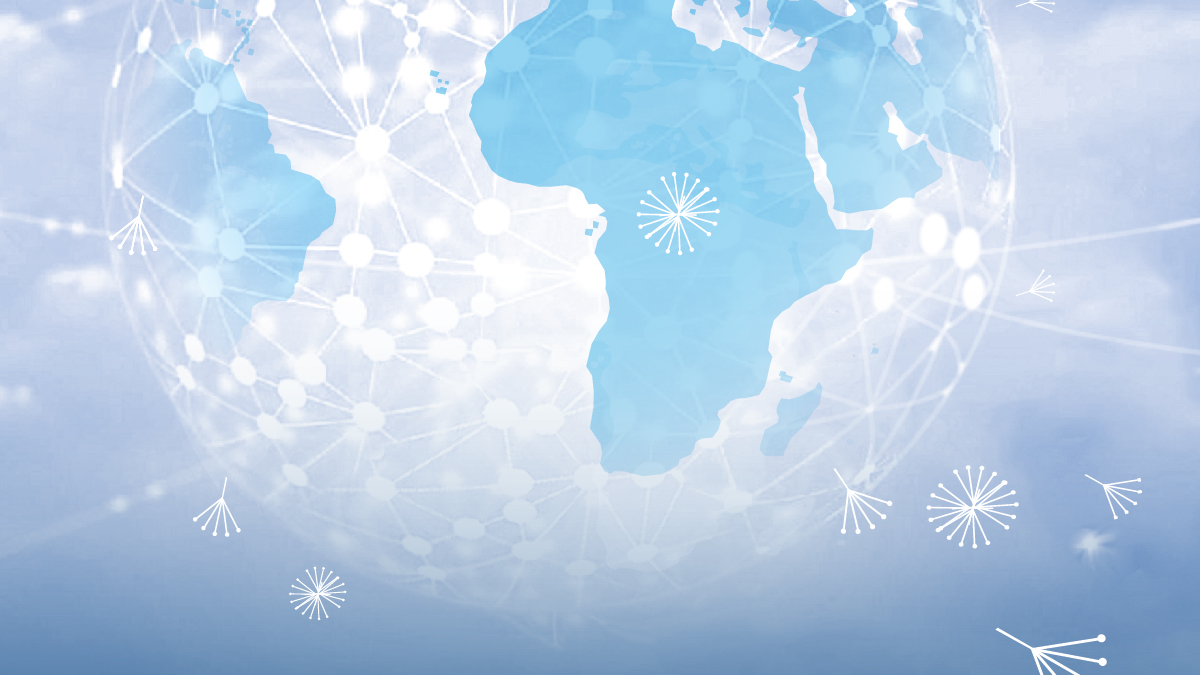
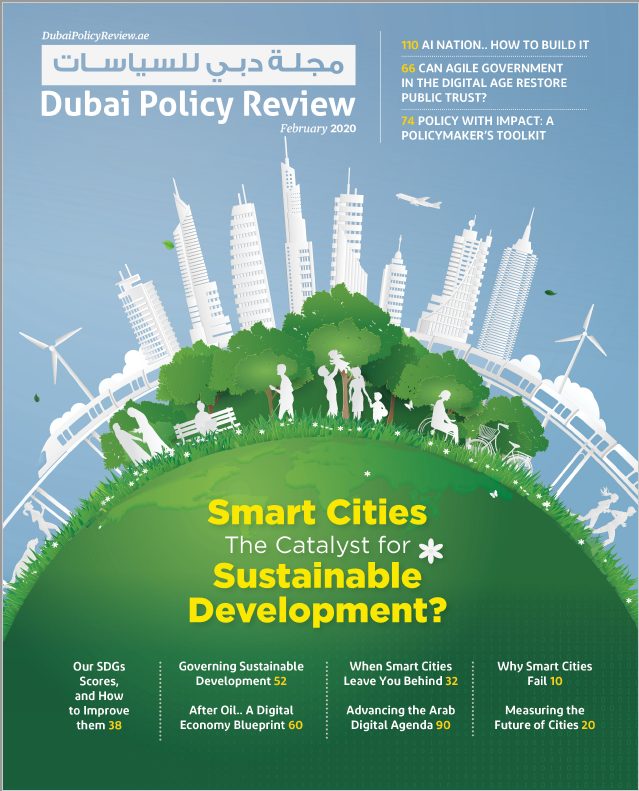




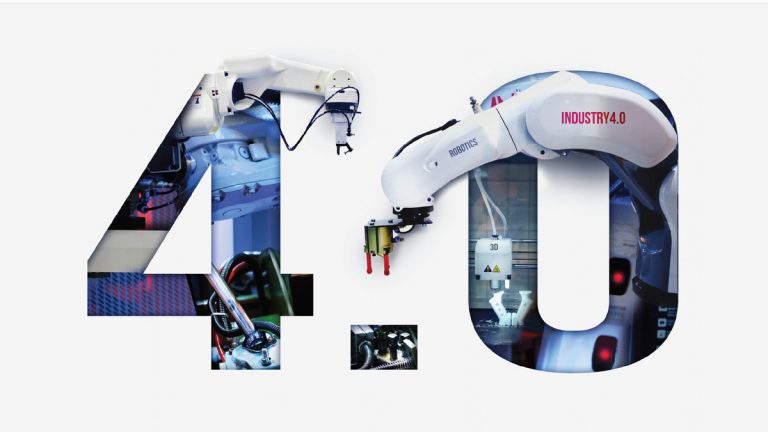
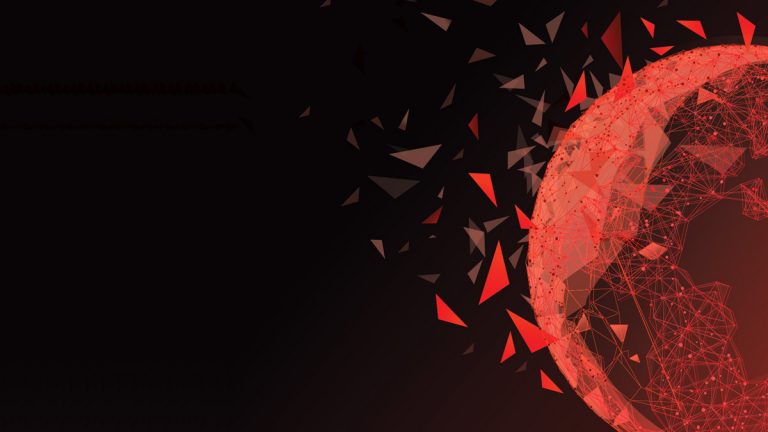


Public Policy for a Digital Future.. Introducing The Dubai Policy ReviewAugust 7, 2020 7:07 pm
[…] in the era of digital governance, big data, artificial intelligence and smart cities, are changing the nature of power (Nye), redefining leadership (Linsky and Darabya), and shuffling developmental priorities (Sachs). […]